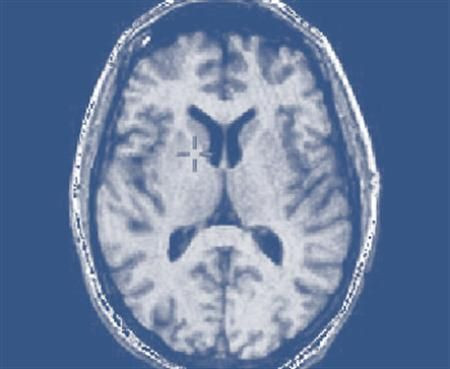Alzheimer’s Symptoms Show At 65, But Bio Marker Changes Begin At 20-30

As early as when a person is in his 20s, alterations in prevalent bio markers linked to the neurodegenerative health tissue could start. However, it won’t be until about 65 that the symptoms of the disease would begin to be felt.
These new discoveries by the study, published in the Alzheimer’s and Dementia journal, urges people to promptly address any potential issues to memory loss. However, it clarifies that occasional memory slips should not necessarily ring alarm bells, according to Scienceworldreport.
The data used by the research came from the national Alzheimer’s Disease Neuroimaging Initiative, or ADNI, a global public-private project that aims to collate a lot of long-term related data on the degenerative ailment from normal controls to those with Alzheimer’s disease.
The researchers, led by author Shannon Risacher, assistant professor of radiology and imaging sciences, and Andrew Saykin, director of Indiana Alzheimer Disease Center and IU Center for Neuroimaging, studied data from about 600 ADNI participants and compared patients with a potential gene APOE e4 variants and other genes. They found that those with the APOE e4 gene exhibited signs of Alzhemer’s based on pathologies from several biomarkers such as increased levels of amyloid plaque, protein fragment clumps in the brain tissue, lower level of protein precursors to plaques in the cerebrospinal fluid and higher levels of tau in the cerebrospinal fluid.
What the researchers did not find are evidence of lower levels of glucose metabolism or atrophy of brain structure linked with later stages of the ailment. They focused on older adults who had complained of memory slips in recent months or years but are within normal ranges when given standard cognition and memory tests, reports Medical News.
To contact the writer, email: vittoriohernandez@yahoo.com





















